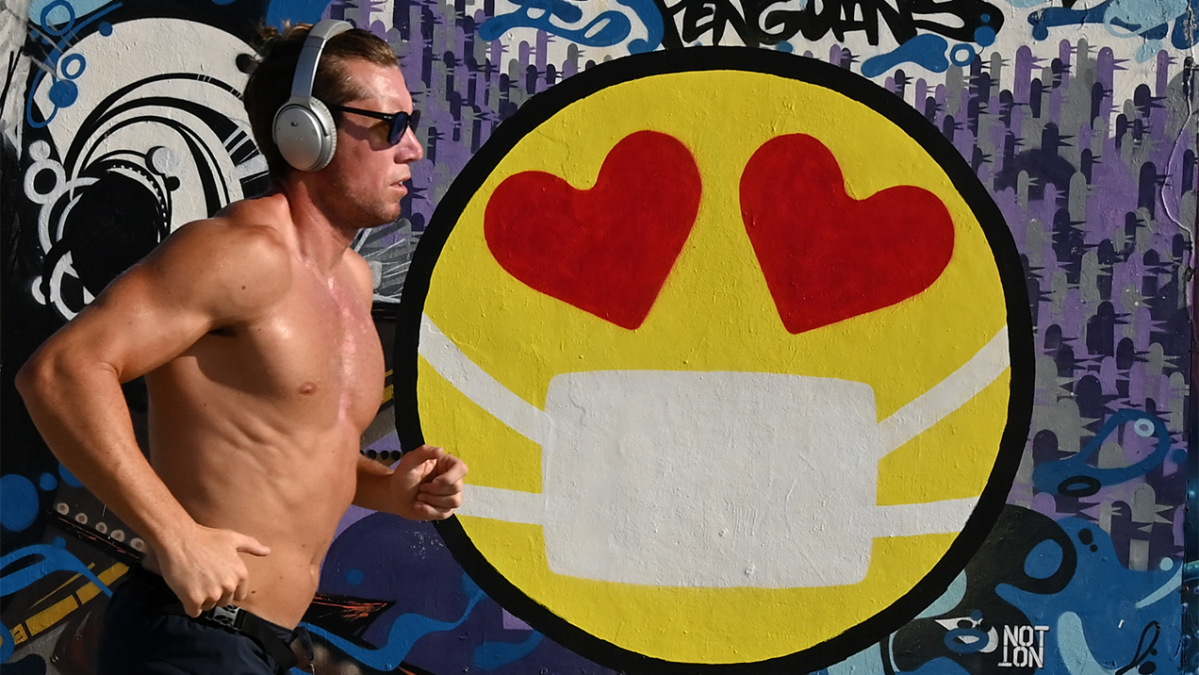
Update: After publishing this article, states have released today’s data for new coronavirus cases, which are more numerous than previous days. This new data is reflected in the chart below.
Here’s some good news: the national daily tally of new COVID-19 cases has fallen below the previous day’s count for two days in a row. Additionally, new cases have either fallen or remained steady in NSW, WA, SA and Tasmania.
In NSW, which has the largest number of COVID-19 patients, the number of new cases each day has dropped significantly from a high of 211 cases on Wednesday, March 25 to 186 cases by Friday, March 27. This is the first time in weeks that new cases have dropped for consecutive days.
In Victoria, the number of new cases decreased every day since Sunday, March 22, until this morning when Premier Daniel Andrews announced the state’s biggest daily increase of 111 new cases.
This is one metric to show that the spread of the coronavirus in Australia might be slowing. Of course, it’s early days and there could also be other reasons for the data, but it’s definitely good news regardless.
This data relates to the daily tally of new confirmed cases. We still have a long way to go, because “flattening the curve” refers to the total number of cases. To achieve that, the daily tally of new confirmed cases would have to drop to next to zero.
So while the curve that everyone’s talking about is not flattening just yet, at least this other curve does appear to be flattening. Hello, let’s celebrate that.
“Flattening the curve” has been the phrase on everyone’s lips this month as the nation grapples with containing the coronavirus.
The point of flattening the curve is that if we can slow the spread of the virus, the nation’s healthcare system will be well-equipped to deal with the patients who do contract it. If we don’t flatten the curve, we risk overwhelming the healthcare system and making things far worse.
There is still a need to be cautious. More and more cases have been acquired through undetermined community transmissions. People continue to go to the beach in large numbers and ignore self-isolation recommendations. It’s still important to socially distance by staying at home as much as possible.
In the meantime, we can all take respite in the fact things are at least becoming less bad.
If you think you may have coronavirus, either call your doctor (DON’T visit) or contact the national Coronavirus Health Information Hotline on 1800 020 080. If you’re struggling to breathe or experiencing a medical emergency, call 000.
And please remember to wash your hands frequently (for at least 20 seconds) and keep at least 1.5 metres between you and those around you.







